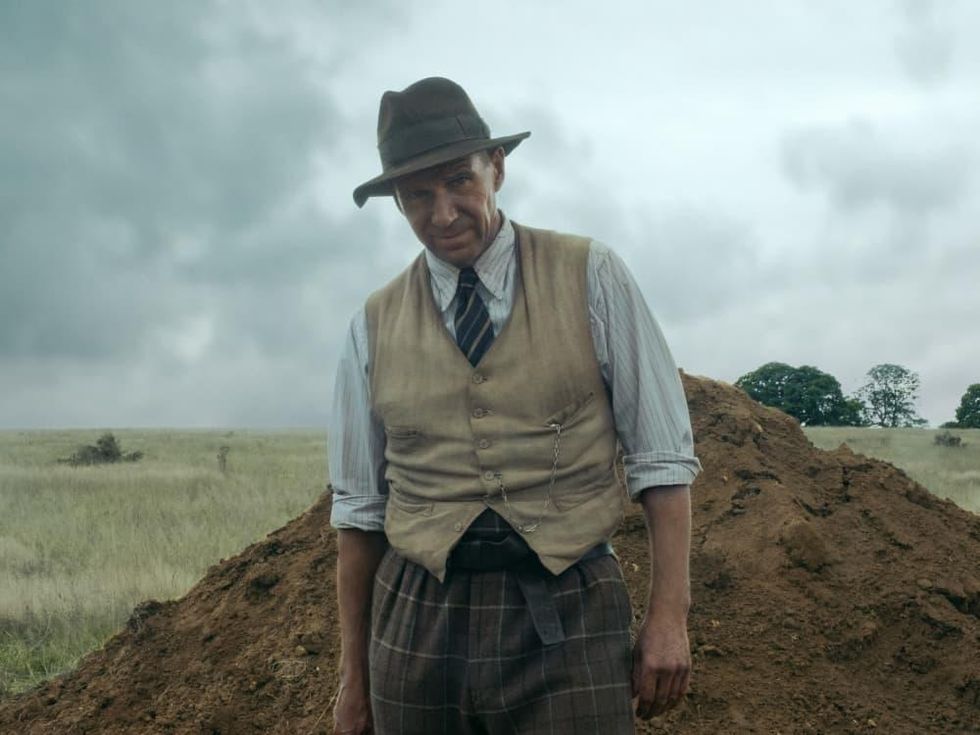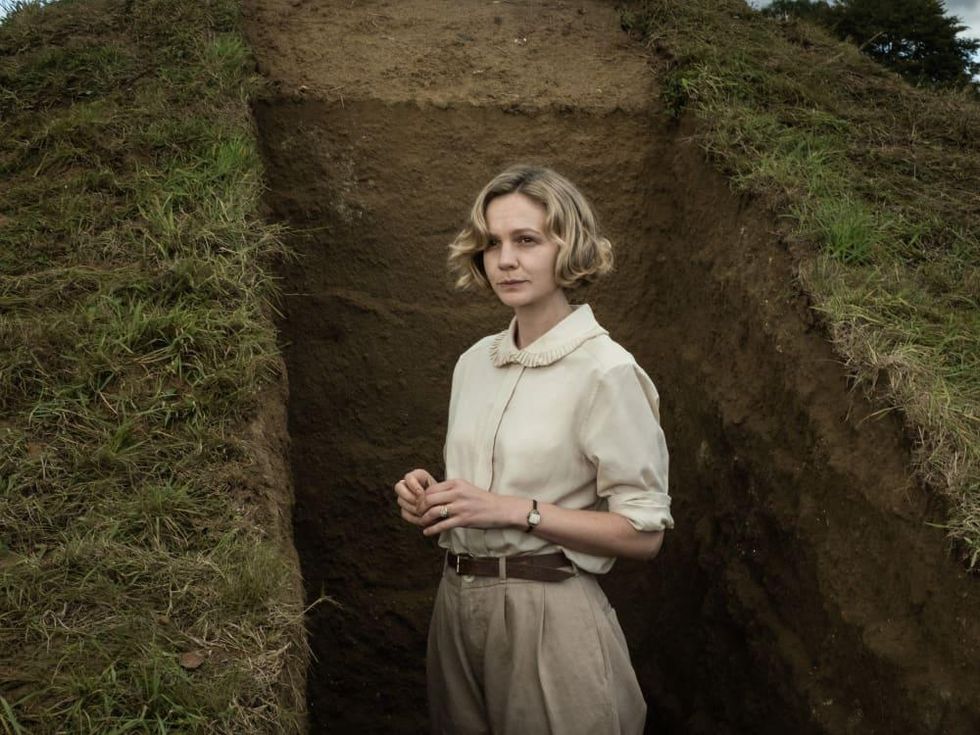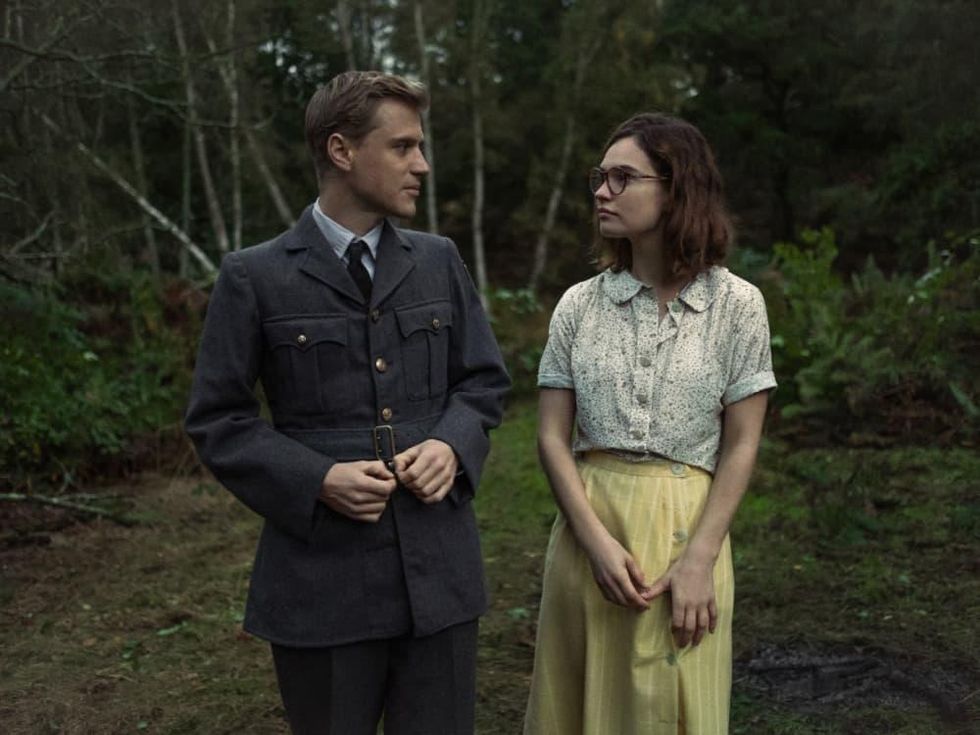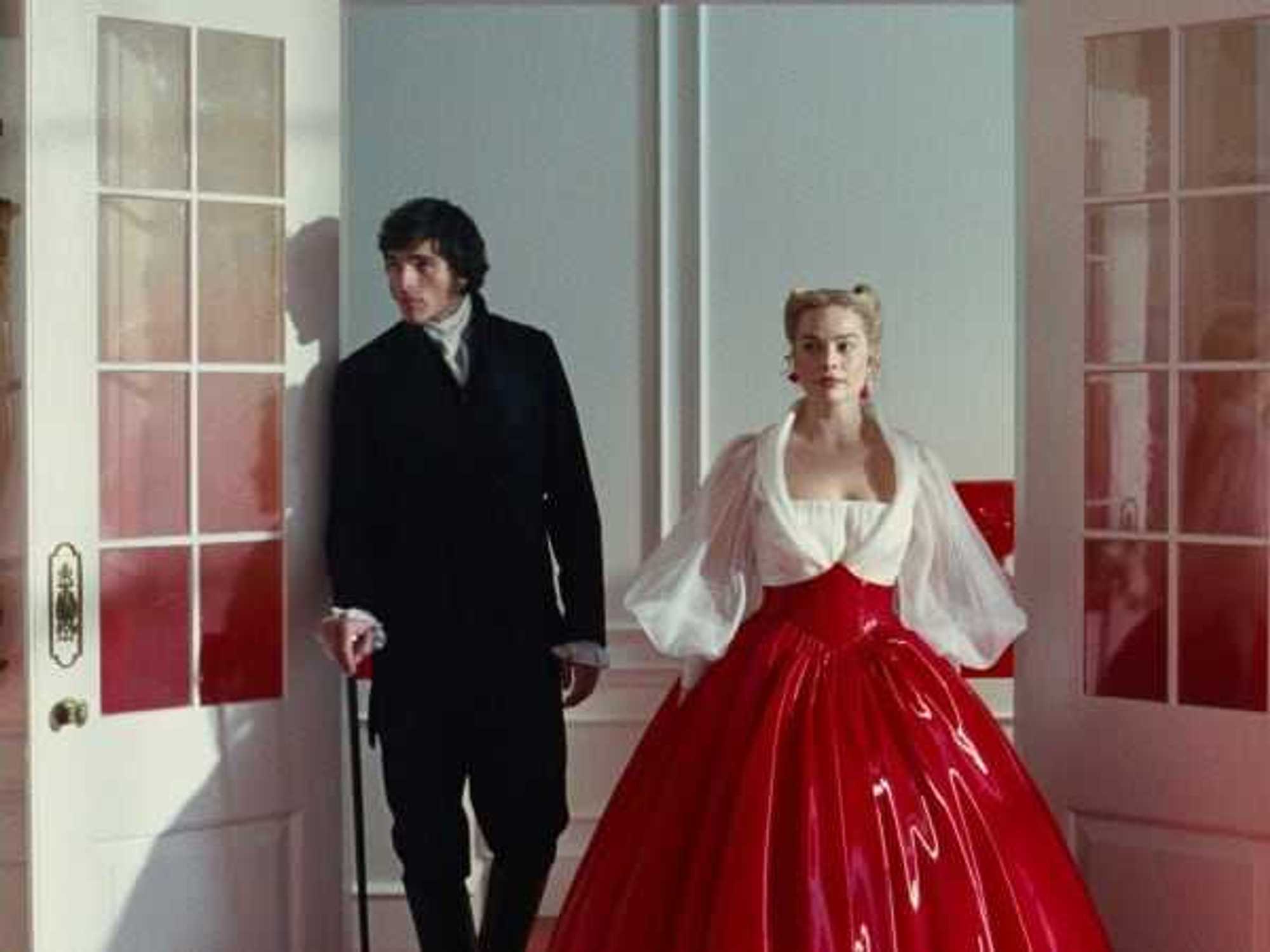Movie Review
History comes in a distant second in archaeology drama The Dig
When archaeologists appear in movies, it’s almost always as part of some treasure-hunting adventure. From Indiana Jones to Lara Croft to The Mummy, the story tends to forgo the actual process of finding ancient relics and focus instead on the danger that characters must go through in order to get them.
A very different type of archaeologist is at the center of The Dig. In 1939, Basil Brown (Ralph Fiennes) is hired by Edith Pretty (Carey Mulligan) to excavate mounds on her English country estate, Sutton Hoo. Both suspect they were some kind of long-forgotten burial sites, but neither has any clue what they will actually find there.
When the initial finds of Brown’s dig place the site as much older than anticipated, it attracts the interest of other archaeologists, including one from the British Museum. As more and more people come, Brown struggles to maintain his control over the site, with Pretty, who’s going through health issues, not always available to make sure the right thing is done.
Directed by Simon Stone and adapted by Moira Buffini from the novel by John Preston, the film is relatively straightforward for its first half. What small tensions there are result from Pretty being part of the upper class and Brown being a lower class. Pretty respects Brown’s skills, but also puts a very fine line between his work for her and anything more personal.
In the second half, though, the film makes an abrupt shift with the arrival of Stuart and Peggy Piggott (Ben Chaplin and Lily James), who are called upon to help with the dig. They bring in their own particular issues that are completely separate from those of Brown or Pretty, and this dividing of focus makes little sense narratively or emotionally.
Up until that point, the working relationship between Brown and Pretty made for a solid if unspectacular story. But the out-of-nowhere addition of the Piggotts’ anxieties takes the attention almost completely away from Brown, Pretty, and the dig itself, almost as if another movie was plopped down in the one that was previously happening. Add in the threat of World War II that hangs in the background, and suddenly there’s too much going on for any of the stories to be fulfilling.
Both Mulligan, coming off a stunner of a role in Promising Young Woman, and Fiennes are good, but only in the typical way that British actors playing this type of role are respectable. Neither does anything particularly egregious, but neither is all that memorable, either. James’ character garners a lot of attention, making her performance notable for that fact alone.
In the end, the history being uncovered in The Dig comes in a distant second to the soap opera-esque arc of two late-coming characters. It’s an odd way to tell a complete story, and one that denies its two main characters the emotional release that they deserved.
---
The Dig debuts on Netflix on January 29.




